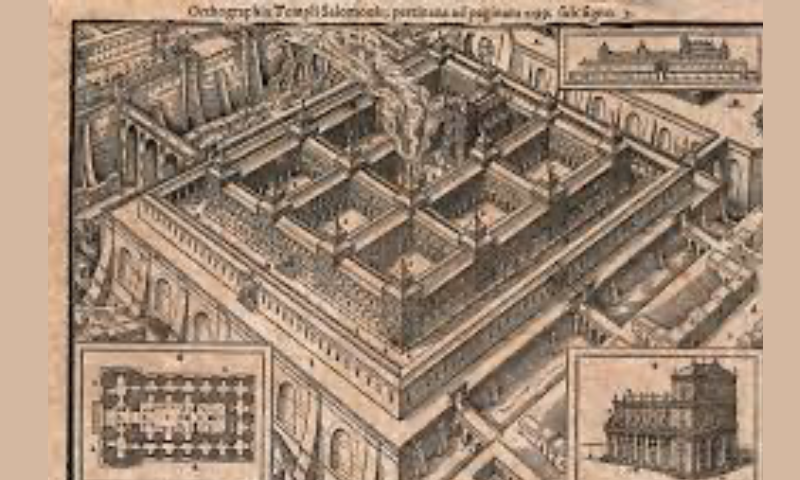Mark Raven
Commentary Magazine, August 1951
“It was the Jew’s burden—and still is—to turn over in his soul an insoluble problem of history: how could one people above all others become heir to such sorrow?”
This August 12th will be celebrated as Tisha B’av—the ninth day of the Jewish month of Av—the second most important fast day in the Jewish year, and one which commemorates the destruction of the Temple by Titus in the year 70 C.E. Historically, that is the origin of this fast day. But since that time, as MARK RAVEN here shows, it has come to encompass more and more of all that is tragic and hopeful in Jewish history.
_____________
How many of us, I wonder, are going to fast this year on the ninth day of Av—August II, but this being a Sabbath the fast day is the 12th—or even give much thought to this solemn anniversary, the day of the destruction of the Temple? Yet the grief that for centuries engulfed the people of Israel on this day was not related exclusively to a far-off disaster, nor even to the recurrent tragedy of Jewish suffering. Historically, Tisha B’av stood for a national anniversary; but to the individual it was an annual reminder, expressed with all the intimate force of myth and mystery, that every person’s life had a core of sorrow which must be transmuted, in some way or other, into courage and hope.
We Jews are perhaps beginning to lose the passion that once plucked chords of deep emotion out of our history as a people. It has not all vanished; a word, or a song, in the right mood, can bring tears—or thoughts too deep for tears. But the feeling may soon be gone, which once was so strong, that the drama of the Jew has some application not merely to ourselves but to all existence: that as a people we are a sounding board for history.
This was once the unconscious power that gave Jewish life, for all its tragedy, a never-failing sense of poetry and passion. As a people, the Jews were able to interpret the miseries of the world around them in terms of an absolute order, not of happiness, but of meaning. For more than two thousand years, events, persons, periods changed with endless variety, but the pattern was unchangeable; the exodus from Egypt was the flight from Spain; the martyrs of Hadrian were the victims of Kishineff. There was little satisfaction in the external story, nor even much in the memory of resistance and personal heroism; yet in the abiding consciousness that this was a monumental backdrop to a deeper history, the Jews could feel that their struggle had dignity—and poetry. It had to be seen as a whole to have meaning. Living and dying, happiness and sadness, were all equally part of the design. … [To read the full article, click here]


